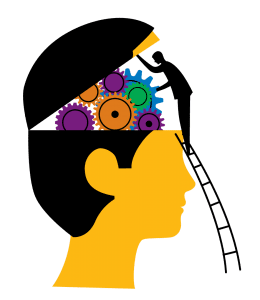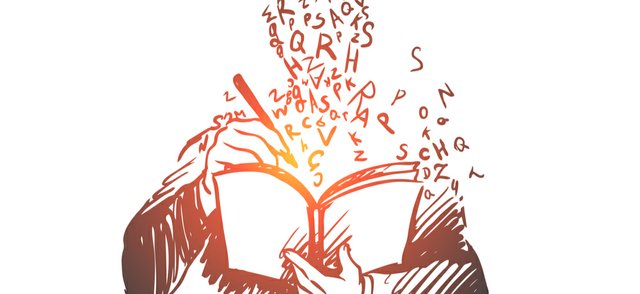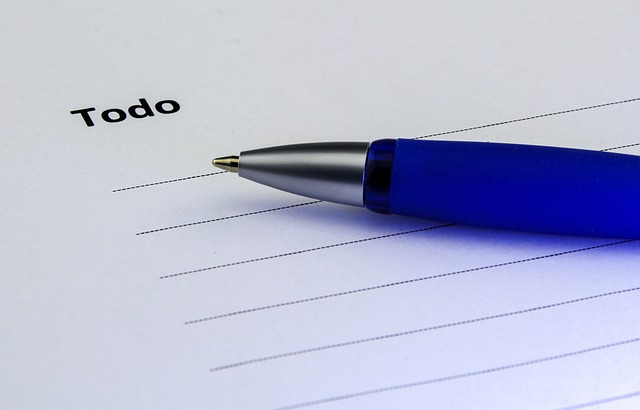How To Boost Your Mental Health
Did you notice during the last several months how many people were interested in learning new things: How to play an instrument, how to knit, how to take up carpentry…?
Did you also take note that de-cluttering and getting organized was hands-down the top thing people were interested in doing?
There’s a good reason for that. Learning a new skill can occupy your brain so thoroughly that it leaves little room for the rumination that can lead to anxiety and stress.
Researchers have found that learning a new skill can be a great buffer against workplace stress and day-to-day stress. That’s why organization ranks so high – it helps us in our personal and professional lives.
Listen, there’s an art to de-cluttering and organization. Both require different skill sets. Most people don’t realize that and so in the process of trying to de-clutter and get organized they become very frustrated and overwhelmed.
In my upcoming workshop, Lessons Learned, you will learn “the language of organizing” and how to develop the skill set of de-cluttering and organizing in the correct manner.
Tell me, a workshop that helps you boost your mental health and learn a new skill in the process, what more can you ask for? It’s a win-win to me.
See ya in class, yes?




